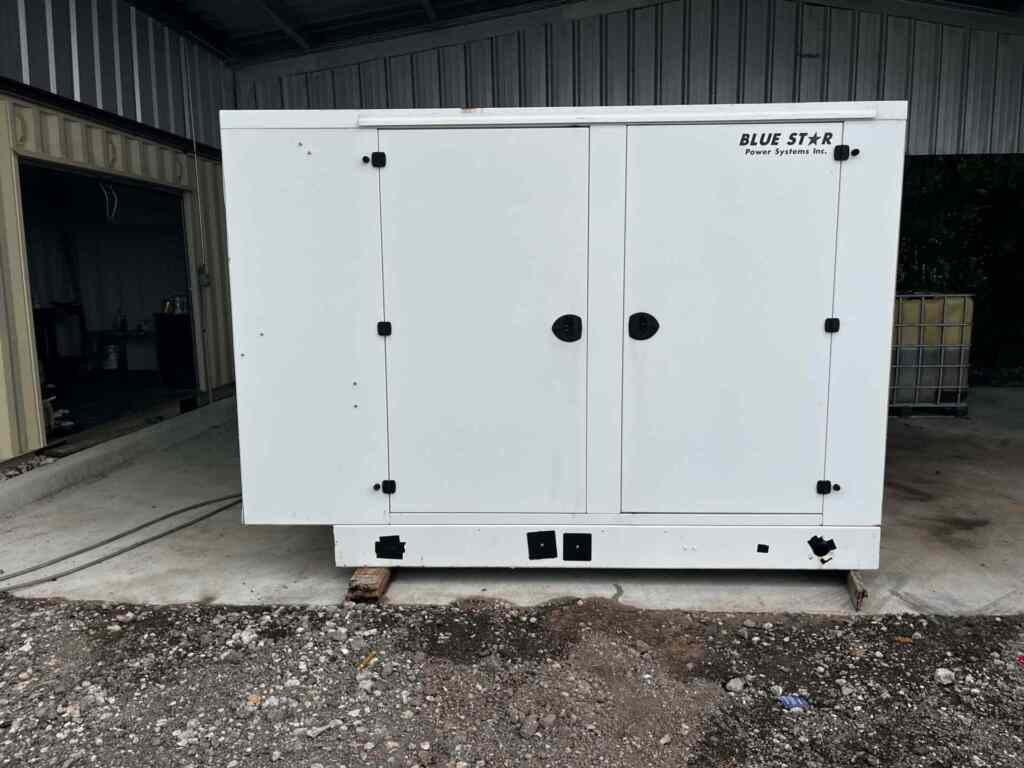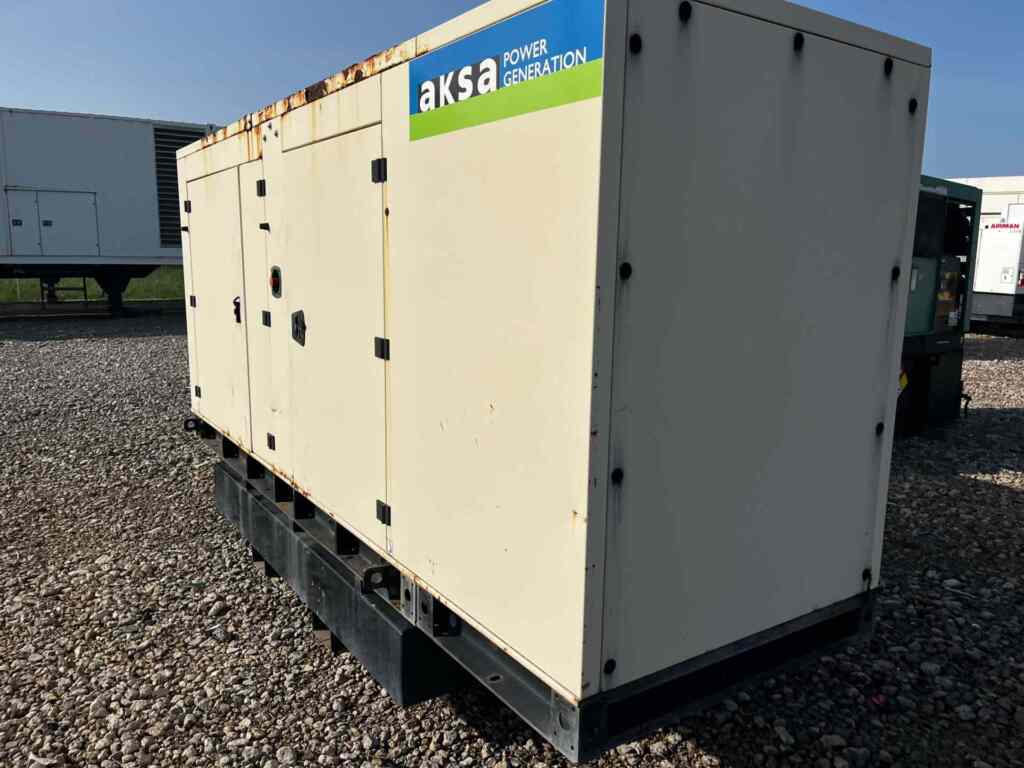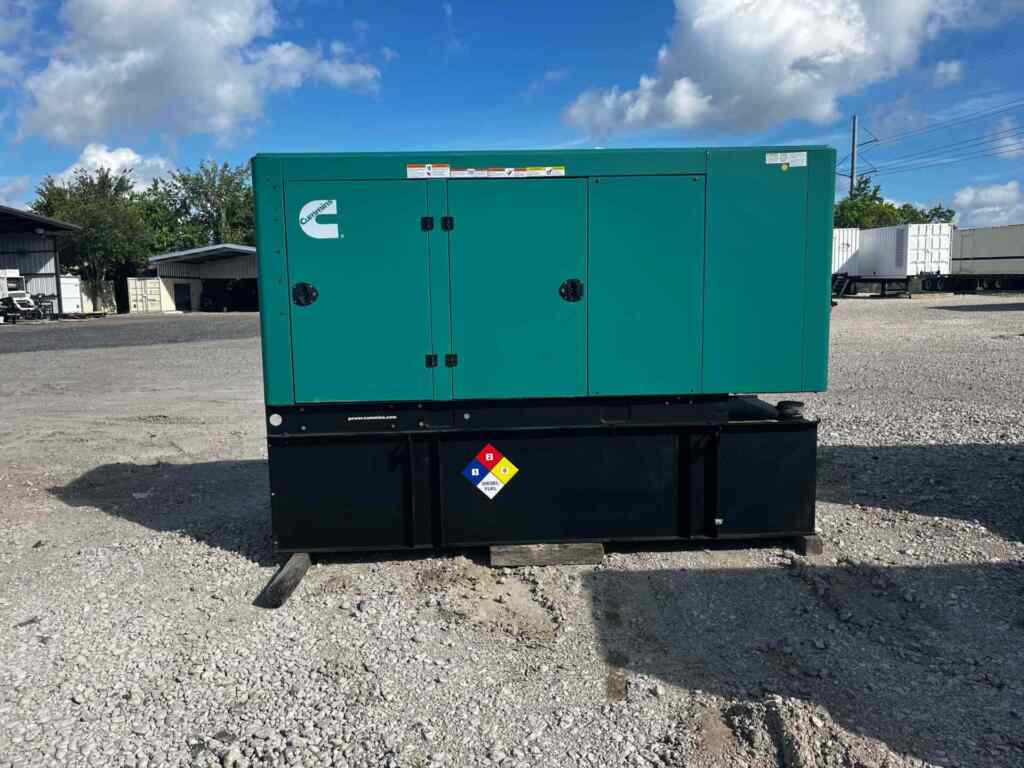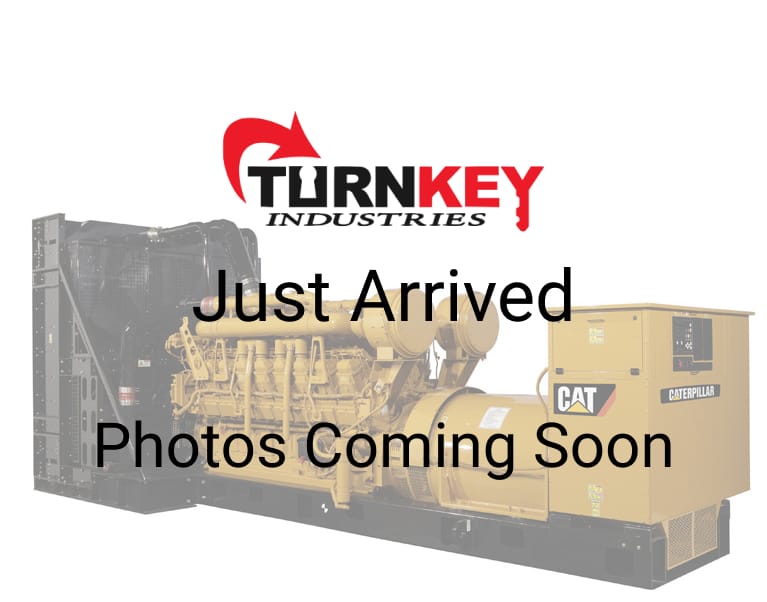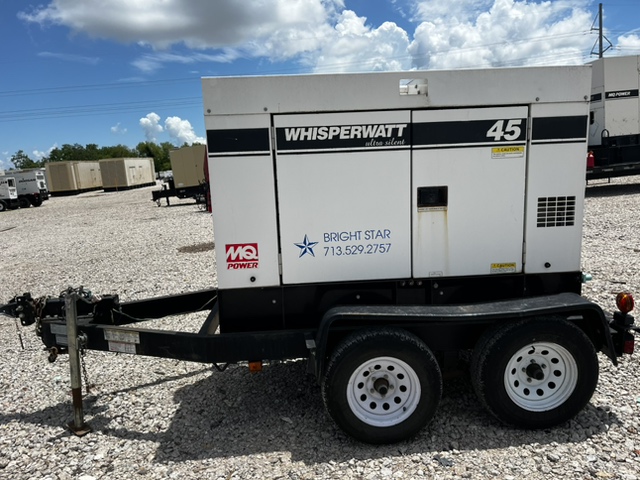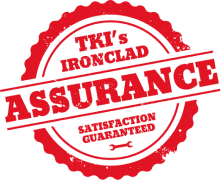Industrial and commercial generators are excellent pieces of equipment to come by. Backup energy units work tirelessly to supply your business with uninterrupted power so you can continue daily operations without a hitch.
Their build can withstand extreme usage in the most inconvenient circumstances, placing them in a unique category of their own.
Conversely, many manufacturers and business owners don’t realize the different types of industrial generators that can match your facility’s specific needs. So to help focus your search, we’ve supplied you with a list of various industrial backup power units to choose from.
Diesel Generators
The most commonly used machinery, diesel generators are dependable energy sources during outages and disasters. Their robust strength allows them to handle larger power loads and run for more extended periods than other generators on the list.
Diesel units can convert mechanical energy with the help of alternators that produce magnetic fields, inducing voltage differences between the stator and rotor components. Diesel generators have several prominent features that make them a viable option for a facility:
Power Output
Industrial diesel generators have vast power output covering areas without access to a nearby power grid.
Cooling
Air-cooled diesel gen-sets depend on air to regulate temperature functions for an engine. Conversely, liquid-cooled alternatives rely on specific solutions to achieve this function.
Power Management Systems
Modernized diesel units can transfer power supply from a grid to the generator during power outages. They have control panels that can display warning messages for low fuel levels and performance errors while providing analytical data to support the unit’s efficiency.
Gasoline Generators
Gasoline generators require a gas-powered engine to direct electric currents through its rotor, cutting magnetic induction lines. These units are cost-effective alternatives to diesel machinery, and they can be smaller than the average industrial component, making them easier to transport.
Gasoline-powered units classify into two subtypes based on their varying voltage regulation methods: brushed and brushless.
Brushed
Whether a gas generator is classified as brushed or brushless ultimately depends on its alternator that converts mechanical energy into electrical energy. For instance, a brushed alternator utilizes the motor’s carbon brushes to conduct electricity.
Brushless
On the other hand, brushless alternators can generate electricity without carbon brushes. Instead, alternators will use a smaller generator to transfer electrical currents to primary units. Without brushes, the generator may operate while making less noise.
Natural Gas Generators
Industrial gas generators using the natural petroleum or propane alternative are a cleaner, eco-friendly energy source. While any facility can use natural gas-powered units to supply power, this type is most helpful to those companies looking to reduce their carbon footprint and fossil fuel usage.
The Benefits
With natural gas production seeing a substantial increase over the years, owners of natural gas units have a vast pipeline network of abundant fuel supply that promotes machine dependability.
Natural gas is cheaper than diesel and is the cleanest-burning fossil fuel, producing half the nitrogen oxides, sulfur dioxide, mercury, and coal particulate matter as other sources. Natural gas generators may help lower the toxic emission levels that negatively impact the environment.
Heavy Fuel Oil Generators
Heavy fuel oil (HFO) generators are durable machines with a fantastic overhaul period, long service life, and lightweight build. These backup power units see prominent usage in marine sectors. They’re also helpful in industrial environments due to their ability to bear heavier loads at lower noise levels and fuel consumption.
What Is Heavy Fuel Oil?
Heavy fuel oil, also known as residual fuel oil, is a by-product of the crude oil refining process. The procedure extracts high-quality hydrocarbons through catalytic and thermal cracking to mix with other compounds like paraffin, aromatics, and olefins.
Because of heavy fuel oil’s composition, you can store, maintain, and use it at higher temperatures. Its vast availability and lower cost make HFO generators affordable options.
Hydrogen Generators
Hydrogen generators are not as accessible as most other options, but that doesn’t mean you should scratch them off the list. As another eco-friendly alternative, this type of machinery uses proton membranes to produce hydrogen from water and create the gas on demand.
Although hydrogen is the most abundant element, its gaseous state isn’t a natural occurrence, so you’ll need to manufacture it before usage.
Hydrogen generators are low maintenance compared to other units and are efficient at producing more energy than other fuel sources without emitting toxic emissions into the atmosphere.
Portable Industrial Generators
Portable industrial generators are large, trailer-mounted units that are safe to use anytime, anywhere. These alternatives provide construction sites and emergency responders with reliable power sources before establishing the electrical supply or when on the go.
How Do They Work?
When looking at a portable industrial power unit, you’ll notice three vital components to its overall function.
Engine
The engine in a portable unit uses engine blocks, fuel injectors, pistons, valves, and other small parts to convert chemical energy into mechanical output. The engine’s size may determine its overall power output.
Regarding fuel requirements, portable generators may not have the same capacity as standard units, so you’ll want to hire an auxiliary fuel tank as a booster.
Radiator
A radiator will regulate the generator’s internal temperature through ventilation. A defective radiator can be detrimental to power units used for extended periods or bearing heavier loads.
Alternator
Also known as the generator end, a portable unit’s alternator has a stationary stator and moving rotor responsible for magnetic force production and electricity creation.
Silent Generators
A silent industrial generator is like most other options on this list, except for one unique quality when in operation. As the name suggests, these units operate much more quietly, allowing manufacturers to maintain a low profile and avoid inconveniencing nearby business properties.
As one might expect, silent generators can cost more than other types of units; however, you can outweigh those additional costs by the lack of noise you’ll experience.
Knowing the different types of industrial generators is helpful to your search and allows you to obtain the best unit with the maximum amount of usage. Luckily, industrial generators are our specialty here at Turnkey Industries.
We buy and sell various models of commercial and industrial power units that can fit your facility’s needs. To learn more, please visit our website!
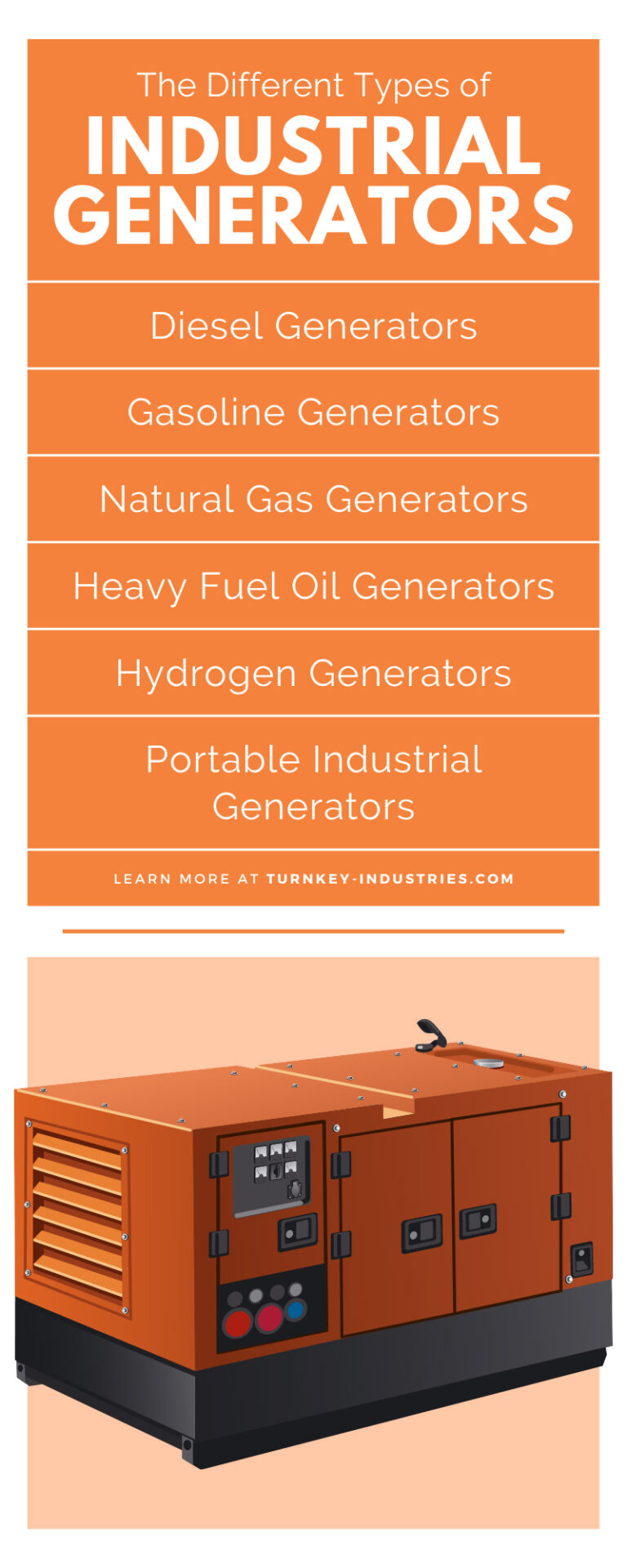

 Turnkey Industries offers a variety of high-capacity
Turnkey Industries offers a variety of high-capacity 